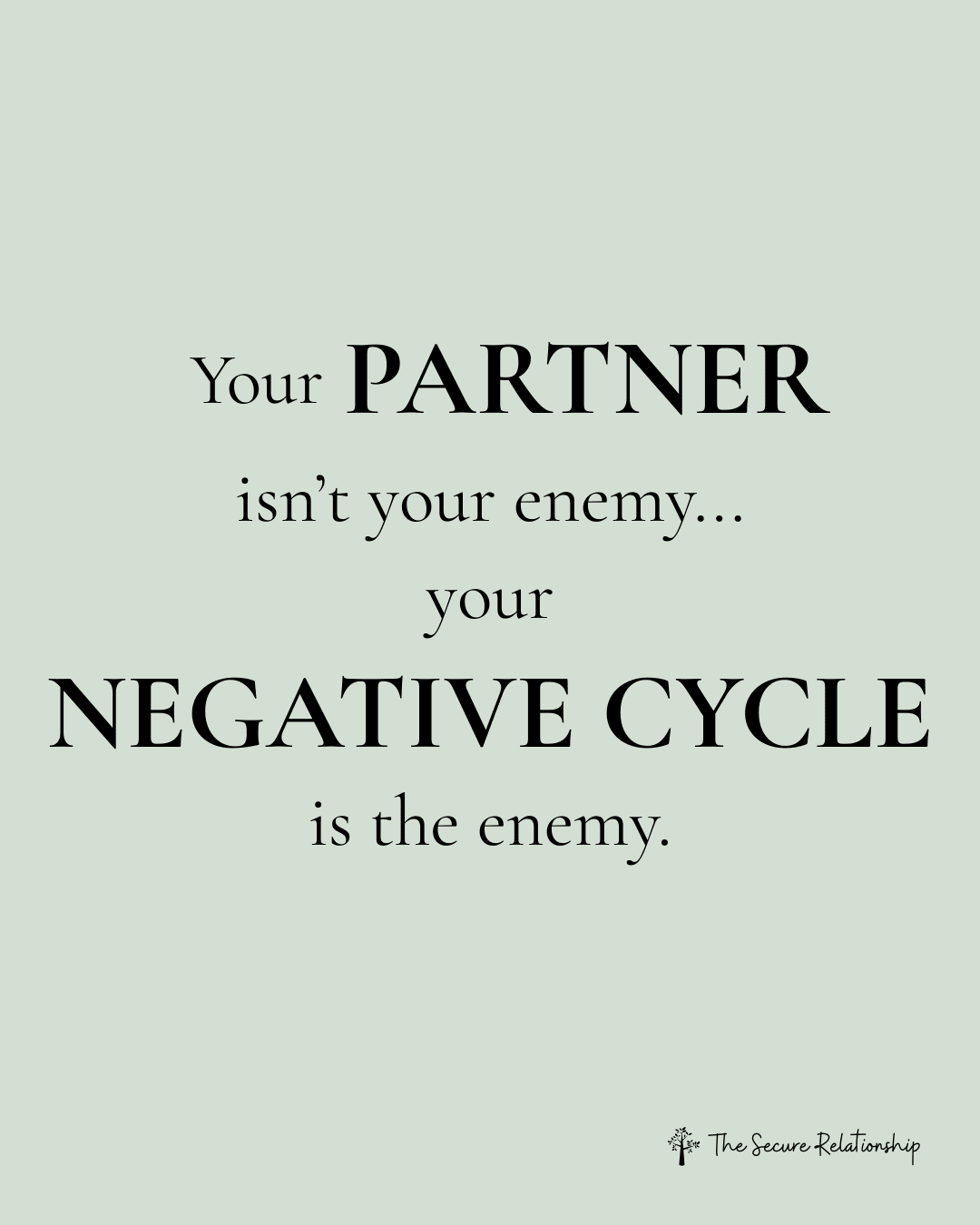When I'm Sorry Isn't Enough: Repairing Trust Beyond Apology
When "I'm Sorry" Might Not Be Enough
Better Ways to Repair and Rebuild Trust in Your Relationship
Apologizing is an essential part of a healthy relationship, but sometimes, saying "I'm sorry" isn’t enough. Wounded partners need more than just an apology—they need to feel heard, validated, and reassured that changes will happen. Here’s how you can offer a more meaningful repair:
"I want to understand more about how what I did impacted you."
Wounded partners need to know you understand how they were affected.
Instead of just apologizing, show curiosity about their experience. Ask them to share how your actions made them feel. Feeling truly understood is an essential part of the healing process.
"How can I help repair this?"
Be curious about what will help them feel better. Try not to assume. What would be helpful for you might not be the same as what is helpful for them.
Sometimes, a heartfelt "I'm sorry" isn’t enough because your partner needs something specific to feel secure again. Instead of assuming what they need, ask.
"It makes sense to me you'd feel this way. I completely get it."
Validate their feelings. Even if you didn’t intend to hurt them, their emotional response is real and valid.
Validation doesn't mean you agree with everything; it means acknowledging that their emotions make sense based on their perspective and experience.
"I'm willing to work on myself because I don’t like how this behavior leaves you feeling."
Be specific: “I’m going to work on noticing your efforts;” “I’m going to work on regulating before I speak;” “I’m going to work on being more authentic with myself and with you.”
A true apology includes a commitment to change. Let your partner know what specific steps you’ll take to prevent the situation from repeating.
"I want to give you the space you need, and I'm here to talk about it when you're ready."
Regulate your own anxiety to make space for their process. This is about more than the moment; it’s about long-term emotional safety.
Pressuring your partner to move on too quickly can create more distance. Let them take the time they need while ensuring they feel supported.
"I would feel sad/mad/alone too if the tables were turned."
Empathy is a vital part of healing. If you can connect with their pain, you’re more likely to avoid causing it again.
Rather than focusing on defending yourself, shift your perspective. Put yourself in their shoes and express genuine empathy.
"You might need to talk about it again. If so, I’m here."
Some wounds don’t heal after just one conversation. Be open to revisiting the issue until your partner truly feels heard and understood.
If your partner isn’t moving on, it’s likely because they haven’t felt fully validated. Let them know they can bring it up again without fear of dismissal.
"I know it will take some time for you to trust me again, and I'm willing to be patient."
Trust isn’t rebuilt overnight. Your willingness to be patient shows that you genuinely care about their healing process.
Healing takes time. Show consistency in your actions, and let your partner know that you understand their need for reassurance.
“A true apology isn’t just words—it’s about understanding, validation, and the willingness to change.”


Trying to control your environment—like keeping a spotless house—can sometimes be a way to manage inner anxiety caused by relationship disconnection. But when that strategy backfires, it can create more of the very disconnection you’re trying to avoid. This post explores how personal anxiety shows up in relationships, and how couples can break the cycle.